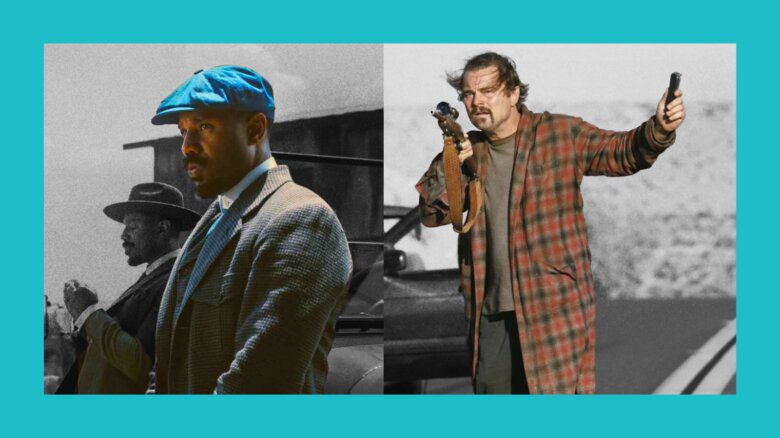What was it like to have been a fun-loving grrl in ancient Sumer, a sensitive young man under the Mings, or a Huron muscle daddy before the arrival of the French?
The historical record is so often silent on these matters that we must turn to fiction for answers: from the earliest writings on clay tablets, anything is fair game if it can provide a glimpse of our suppressed past.
Bearing this in mind, In Hindsight is pleased, even eager, to recommend the minor British writer Nancy Mitford, whose arch, witty, and deeply superficial novels take the reader into a world of wealth and privilege, a world where a flamboyant gay man can–and does–come to a good end.
The late Nancy Mitford was one of the famous six Mitford sisters. In addition to author Nancy, the Mitford sorority included communist muckraking journalist Jessica; Pamela who lived in the country; Deborah, the Duchess of Devonshire; Diana, wife of the leader of the British Union of Fascists; and Unity, mad for Hitler and eventually his confidante. Nancy wrote several novels set more or less in the Jazz Age when she and her sisters were leading bright young things. Homosexuals populate almost all her novels, but in Love in a Cold Climate, Nancy springs an exotic creature indeed on an innocent world: Cedric Hampton, a homosexual from Nova Scotia.
Although a minor character in a novel primarily concerned with the great society beauty Polly Montdore’s apparent indifference to love, Cedric Hampton is given a memorable entrance as he meets Lord and Lady Montdore for the first time as their prospective heir: “There was a glitter of blue and gold across the parquet, and a human dragon-fly was kneeling on the fur rug in front of each of the Montdores, one long white hand extended towards each. He was a tall, thin young man, supple as a girl, dressed in rather a bright blue suit; his hair was the gold of a brass bed knob… He was flashing a smile of unearthly perfection… ‘Don’t speak,’ he said, ‘just let me go on looking at you–wonderful, wonderful people.'”
Once he has the reader’s attention, Cedric Hampton never relinquishes it. By the novel’s end, he has stolen Polly’s unsatisfactory husband away (“He loves me, he loves me not… don’t interrupt my angel, he loves me, he loves me not, oh, heaven, heaven, heaven, he loves me!”) and set her up with another man for a life of blissful romance. As he remarks to the narrator, “So here we are, my darling, having lovely cake and eating one’s great aim in life.”
Nancy modelled Cedric Hampton on her fellow bright young thing, artist and decorator, Stephen Tennant. Called “the last professional beauty,” by Osbert Sitwell, he was even more outré and camp than his fictional alter ego. He dusted his dyed hair with gold, wore heavy makeup, travelled with his nanny and pet parrot, and charmed anyone who crossed his path, including Nancy’s friend Evelyn Waugh.
As a writer, Waugh knew a good thing when he saw it, and many of Tennant’s mannerisms were incorporated into the character of Sebastian Flyte in Brideshead Revisited. Part of Tennant’s charm was the fact that he was immensely wealthy and well connected. He chummed with painter Rex Whistler and photographer Cecil Beaton, whose careers he launched, and at 19 fell passionately in love with the much older–but exceedingly famous and handsome–pacifist poet Siegfried Sassoon.
Tennant wrote in his journal: “I feel all my heart swooning at the touch of his mouth… My soul dies a hundred million deaths when his face is on my face and neck.” Four years later their affair was over.
Unlike that of Cedric Hampton, our final glimpse of Stephen Tennant is a melancholy one. According to his biographer Philip Hoare, he took to his bed in “decorative reclusion” for the last 17 years of his life, occasionally emerging in tight pink shorts or a tablecloth for a skirt to shop in rural Wiltshire. He grew immensely fat and left unfinished at his death the novel he had worked on for 50 years.
He died, in bed, at the age of 81, still in thrall to his “fatal beauty” and still the unlikeliest source of inspiration imaginable for possibly the first Canadian homosexual in world literature.
 Why you can trust Xtra
Why you can trust Xtra


